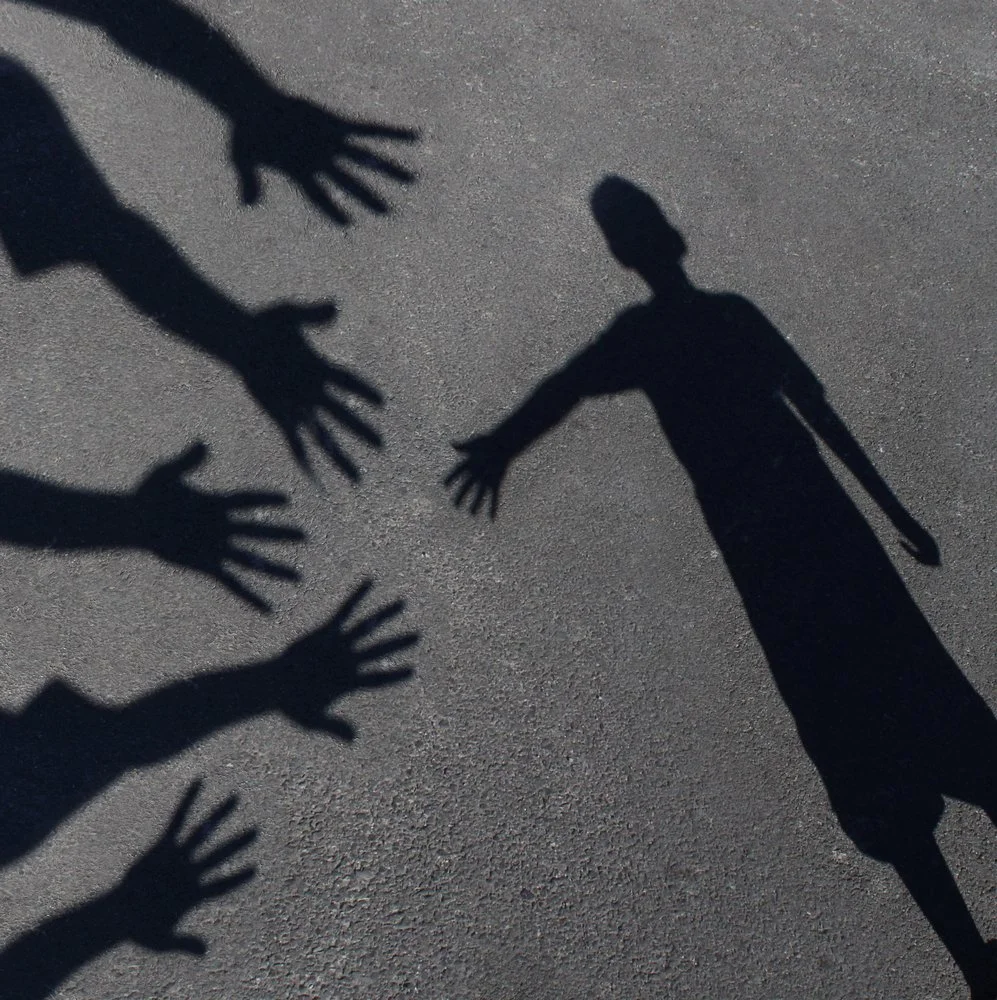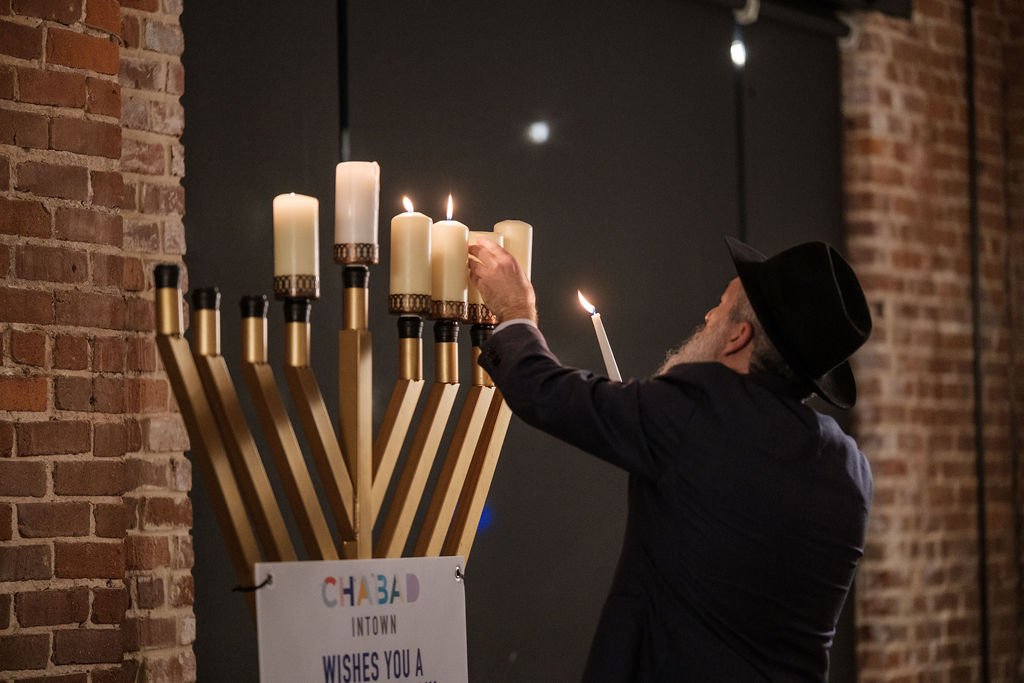A Father’s Hug
Note: We have entered the final month of the Jewish year, the month of Elul. The Alter Rebbe explains its unique energy with a parable: During the year, if one wishes to see the King, he must pass through guards and gates, and only then can he enter the palace. But in Elul, the King Himself goes out into the field. There, every person can approach Him freely. The King greets each one warmly and with a smile.
The following true story, which we heard first-hand last week, beautifully reflects that embrace. For me, it represents the hug of Hashem and the spirit of this month.
May this month of Elul be for you a time to feel Hashem’s hug—His warmth, His safety, and His love.
Wishing you a good Shabbos and Shana Tova!
This past Shabbat, a guest joined us for dinner. His name was Almog, an Israeli who often travels to America to help Israeli companies set up at trade shows. After services, he sat at our table, and at some point during the meal my wife asked him to share a bit of his background.
He paused, and then began with a line that stayed with me:
“I taught my son… and my son taught me.”
Almog grew up in a completely secular home in Gush Dan, in a neighborhood that was almost entirely non religious. He raised his family the same way. One Friday night, he was in one room watching TV, his wife in another, his son in another, and his daughter in yet another. Four separate screens, four separate lives. He gathered his family and declared: “Next Friday night, we’re eating dinner together.”
It wasn’t meant to be Shabbat. Just family dinner. But once they were at the table, Almog suggested: “Since we’re already here, let’s make Kiddush.” And so, a small ritual began. A weekly dinner, a Kiddush. Nothing more, nothing less.
Like many Israeli families, they prepared for their son’s bar mitzvah with the local Chabad rabbi. Afterward, Almog thought things would return to “normal.” But something was stirring in his son’s heart. Nearby, a Gerrer Chassid had opened a small clubhouse where kids could gather. The boy began to spend time there, drawn to its warmth and authenticity. Quietly, he started putting on tefillin every day, wearing a yarmulke and tzitzit, and taking on a life of Torah and mitzvot, all without his father knowing.
When Almog eventually discovered this, he was furious. His son wanted to bring Shabbat into the home, turning off the light in the refrigerator, buying a hotplate to keep food warm, and making other small changes. But Almog resisted every request, fighting him at every turn. Deep down, he feared that his son’s growing observance meant he would eventually lose him to a different world.
Then came the turning point; in Almog’s own words:
"I woke up at night from a nightmare. I woke up screaming. I dreamed that my son had left me. I couldn’t fall back asleep, and many thoughts came rushing to my mind. That’s when I realized there were only two options: either to lose, or to embrace. I chose to embrace. From that day forward, my child has blossomed and flourished."
In time, Almog agreed to his son’s biggest request: to kosher the family kitchen. Together, they stayed up late into the night, boiling pots, scouring pans, preparing everything anew. Well past midnight, they took all the dishes and utensils to the mikvah. From that day forward, their home has been kosher.
His son enrolled in yeshiva, difficult at first given his secular background, but he thrived. Today, he is married with three children, living a fully observant life that began with a quiet spark and a father’s choice to embrace rather than resist.
And Almog? He told us he now goes to shul on Friday nights, he wears a yarmulke, and while he isn’t fully observant, he is deeply connected and committed to the Jewish people.
As Almog sat at our Shabbat table, he looked around and smiled. “I taught my son,” he repeated, “and my son taught me.” Sometimes the most profound transformations begin with something as simple as sitting down together for dinner. And sometimes the greatest act of strength a parent can show is not to fight but to hug.
Continue Reading











